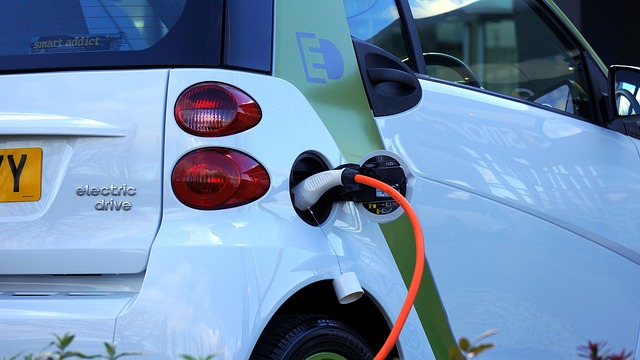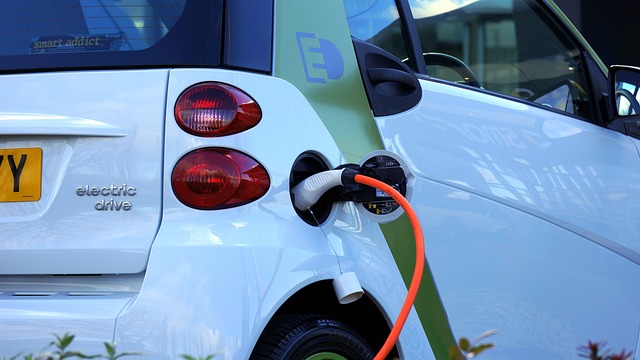Maryland’s Electric Vehicle Expansion Faces Uncertainty
Maryland has joined a coalition of states and Washington, D.C. in a lawsuit to overturn an executive order from President Donald Trump that blocks billions in funding for electric vehicle charging stations. This move is part of the state’s efforts to push back against recent federal actions against electric vehicle expansion, which could impact Maryland’s progress in shifting away from gas-powered cars.
Electric Vehicle Growth in Maryland
The state has seen significant growth in electric vehicle adoption, with over 100,000 registered electric vehicles as of April 2025, primarily concentrated in populous areas like Baltimore and Montgomery County. The number of charging stations has more than tripled since 2015, reaching over 1,400. Most of these vehicles are battery electric, replacing traditional gasoline tanks and combustion engines with batteries and electric motors.

Willett Kempton, a University of Delaware professor and renewable energy expert, noted that the shift to electric cars is a global trend and that programs supporting electric vehicles can help reduce greenhouse gas emissions. In Maryland, about one-third of carbon dioxide emissions come from cars, according to the state’s Department of the Environment. Kempton emphasized that electric vehicles produce less air pollution than gasoline vehicles, particularly in states with renewable energy sources.
State Initiatives and Challenges
Maryland has implemented several initiatives to promote electric vehicle expansion. The Maryland Energy Administration launched a program to increase access to affordable electric vehicle charging stations, part of Gov. Wes Moore’s 2024 pledge to invest $23 million in grants for charging infrastructure in low and moderate-income communities. Maryland has also adopted California’s vehicle sales regulations, aiming for zero-emission or hybrid vehicles by 2035.
However, in early April, Gov. Moore issued an executive order that could delay penalties for manufacturers not meeting sales goals. The Maryland Sierra Club praised programs like the sales regulations, stating they are crucial for reducing pollution from gas-powered cars.
Federal Pushback and Potential Consequences
In 2022, Maryland lawmakers approved $63 million in funding as part of the National Electric Vehicle Infrastructure (NEVI) program. However, the Trump administration notified state transportation directors that they can no longer spend these funds, prompting the lawsuit. About $12 million of the program’s funding has already been awarded to Maryland.
The Maryland Department of Transportation expressed readiness to continue building charging infrastructure, awaiting the release of Congressionally appropriated funds and new NEVI program guidance.
Impact on Electric Vehicle Prices
Between 2022 and 2024, average electric vehicle prices dropped by about $10,000. However, Trump’s 25% tariff on imported cars and auto parts, effective April 2025, may increase electric vehicle prices, particularly for models manufactured outside the U.S. In Maryland, Tesla is the most common electric vehicle model, with over 50,000 registrations, and most of its models have at least 60% of their content made in the U.S.
Ethan Kaplan, University of Maryland associate professor of economics, explained that tariffs could significantly raise car prices due to the complex global supply chain in the automotive industry. JP Krahel, Loyola University Maryland accounting professor, noted that this would affect car buyers across the country, including those purchasing electric vehicles.



